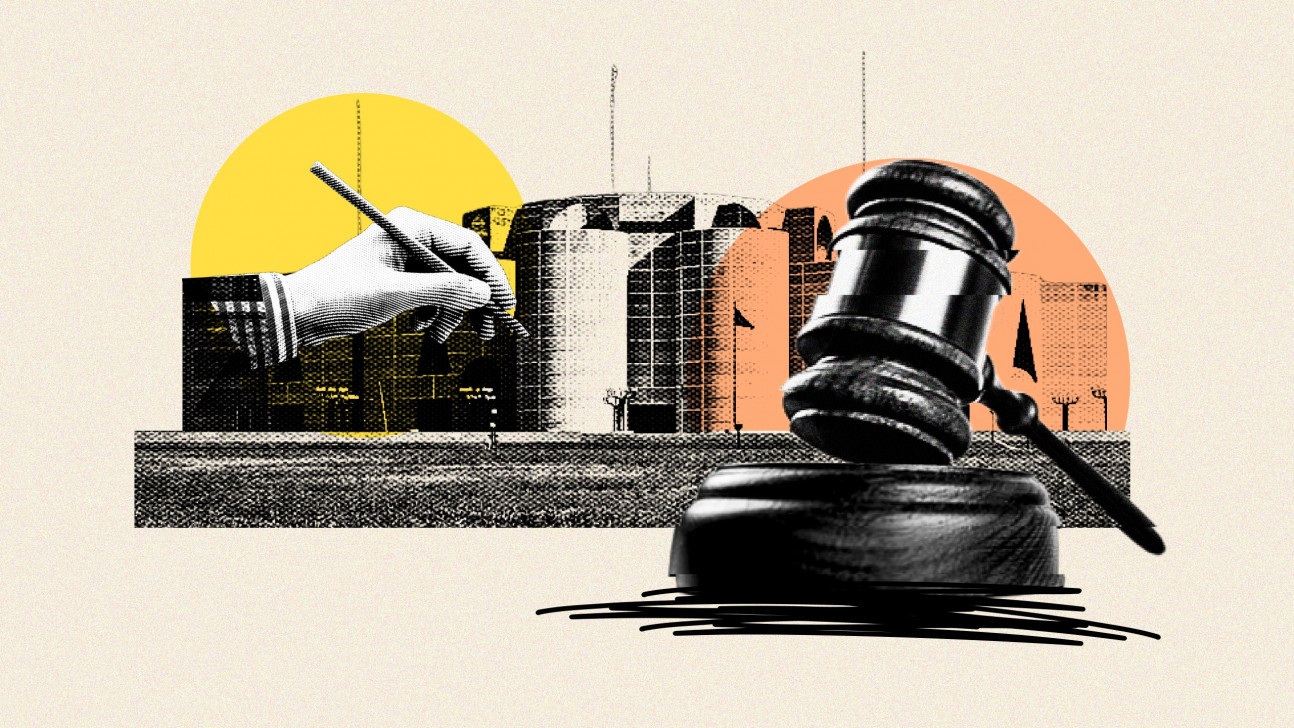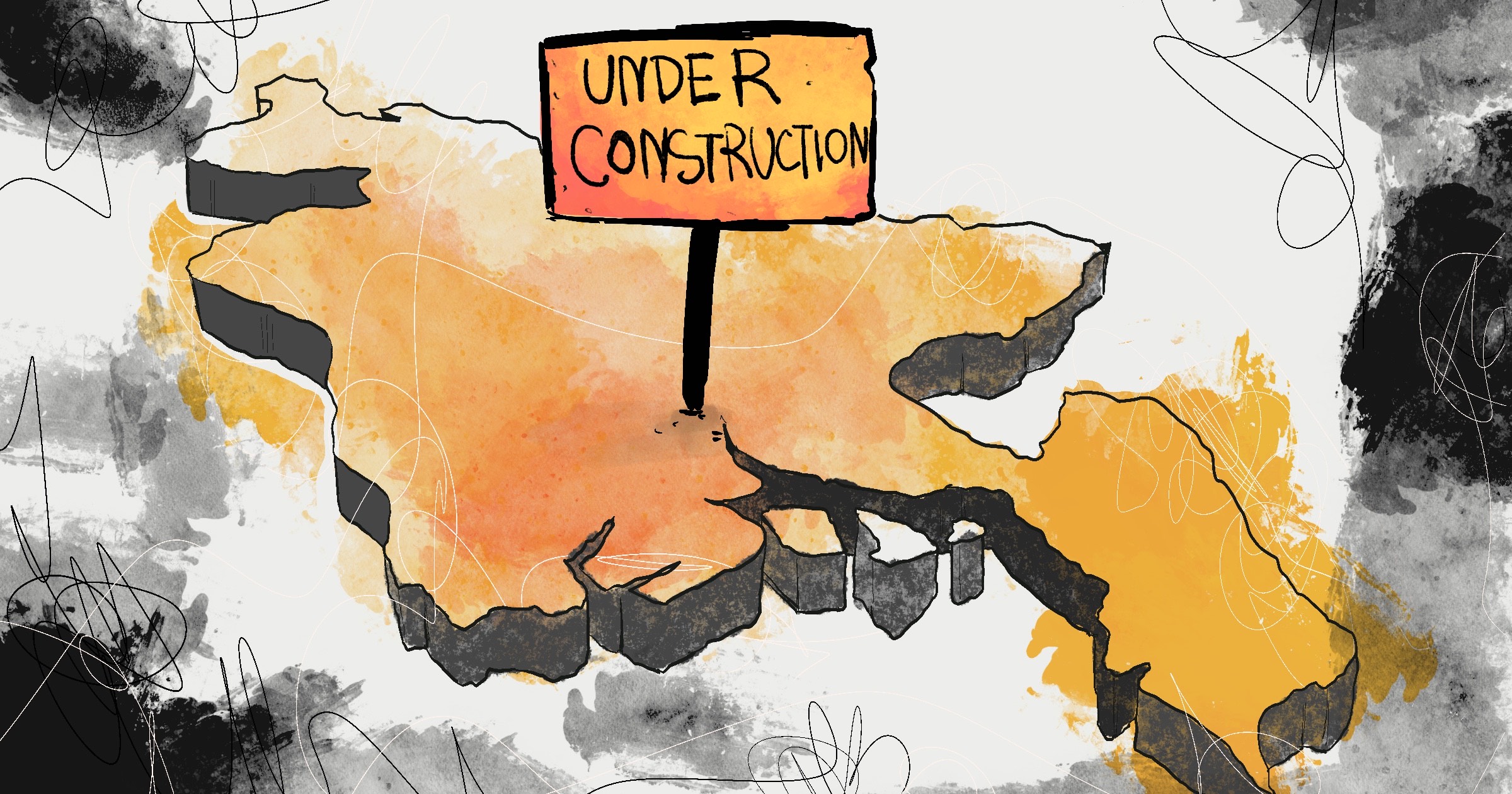Why non-discrimination demands secularism

The Constitution Reform Commission, in its report, proposed to discard "secularism" as one of the fundamental principles underlying the Constitution of Bangladesh. I would like to argue against this proposal. What could be the possible explanations for this proposal? A little reflection shows that there can be only three possible reasons for discarding secularism: first, secularism cannot be accepted as a matter of fundamental values; second, secularism may be a valuable general principle, but it is not relevant in the present context of Bangladesh; and third, secularism is both valuable and relevant for Bangladesh but it has become redundant following the introduction of new principles, which will suffice to meet the concerns underlying the demand for secularism.
For ready reference, I will describe the first argument as the "value judgement" argument, the second as the "irrelevance" argument, and the third as the "redundancy" argument.
What is secularism?
It is first necessary to clarify the concept of secularism, because it has multiple meanings, and different meanings apply to different contexts. An important contextual distinction is between the personal level and the societal level. At the personal level, secularism usually refers to one's attitude towards religion. A "secular person" may mean that a person is either (a) non-religious or even anti-religion, or (b) religious but practising privately, without trying to denigrate other religious dispositions (including atheism, agnosticism, etc). In either case, secularism at the personal level tends to evoke a sense of antagonism among a segment of religious people.
The antagonism towards secularism at the personal level is often transferred to debates on secularism at the societal level. But this is a mistake, because secularism at the societal level is very different from what it means at the personal level. In particular, secularism at the societal level does not represent any attitude towards religion. The society as a collectivity doesn't have a mind of its own and hence cannot have an attitude; secularism at this level is a principle of governance.
A typical society is composed of individuals with very different attitudes towards religion; therefore, while dealing with matters of religion, the state must take a stand on how to deal with this pluralism. Secularism represents one particular stand, which can be described as the "liberal democratic" response, and is defined as the principle that, in the conduct of its affairs, the state will treat all religious views with neutrality—without favouring any particular view or discriminating against any.
The underlying logic is perhaps best explained with the help of the concept of "overlapping consensus," introduced by political philosopher John Rawls: it refers to a common ground where individuals with different beliefs can agree on shared principles while maintaining their differences in other areas. Secularism is supposed to represent an overlapping consensus in the context of diversity in religious beliefs. People may disagree on whether religiosity is better than atheism or agnosticism, and religious people may disagree on which religion is the "right" one, yet they may all agree that the state should treat all religious views neutrally without favour or prejudice.
Secularism is thus essentially a concept of neutrality. But neutrality does not imply that the state accords equal "value" to all religious views. This is because the idea of equal value cannot belong to an overlapping consensus, since people might feel that only their own religious view is worth valuing. Neutrality simply implies a commitment not to favour or discriminate against any religious view, without making any judgement on the value of any particular view. Secularism is thus entirely consistent with the spirit of non-discrimination that inspired the July mass uprising.
Countering the three arguments
Not all beliefs can be accommodated within an overlapping consensus, however. For example, it leaves out the ideology of theocracy, which demands that a state's institutions must be based on religious principles. Since only one religion will command primacy in this ideology, theocracy cannot seek an overlapping consensus. The liberal democratic principle of secularism is thus fundamentally incompatible with the ideology of theocracy. Therefore, proponents of theocracy in Bangladesh will necessarily reject secularism as a matter of principle—that's the "value judgement" argument for discarding secularism.
By the same token, those of us who subscribe to liberal democratic values must reject theocracy and uphold secularism. Just to be clear, rejection of theocracy does not mean rejection of religion; it simply means rejection of domination of one religion in the affairs of the state.
This brings me to the other two arguments for discarding secularism—namely, "irrelevance" and "redundancy" arguments—which are compatible with liberal democratic values. The "irrelevance" argument could be made as follows: the emphasis on secularism may have been relevant at a certain stage in our history, when our society was ripped apart by deeply ingrained mistrust between different religions, but we have gone past that stage and there now exists such a high degree of harmony and mutual confidence between different religious beliefs and groups that inscribing the principle of secularism in the constitution has become irrelevant. However, certain events unfolding after the July uprising provide incontrovertible proof, if one was at all needed, that this argument is simply not credible. We should therefore reject this argument as empirically untenable.
The "redundancy" argument says the new principles proposed by the reform commission will suffice to take care of the concerns underlying the demand for secularism. Some commentators have suggested that the proposed principle of "pluralism" will serve the purpose. I beg to differ. The respect for pluralism is noble, but the question is: how would we operationalise the respect for plural values when some values turn out to be mutually incompatible, such as theocracy versus liberal democracy? Simply valuing pluralism does not provide a clue as to what to do about the impasse created by this incompatibility in a manner that respects the ideal of non-discrimination.
In my view, in the face of incompatible values, there is only one way of operationalising the respect for pluralism and non-discrimination. It involves a two-pronged strategy. First, enshrine the principle of secularism to represent the overlapping consensus among those who uphold liberal democratic values. At the same time, allow democratic space to those who wish to espouse the values of theocracy through legal means. Their values will not be reflected in the constitution at present, but given the democratic space they will enjoy, they will have the opportunity to inscribe their values in the constitution should they succeed in ascending to power someday through democratic means.
Should this eventually happen, I am under no illusion that the champions of theocracy will return the favour. Both history and current trends in the country suggest that they are unlikely to offer any space to liberal values if they come to power. Nonetheless, in order to be consistent, those of us who believe in liberal values must offer the space for legal propagation of theocratic values, with the hope that our own values will triumph in the court of public opinion.
But for that triumph to be possible, we must demonstrate to the believers in liberal democracy that we can meet their concerns for pluralism among themselves. And that in turn requires that we enshrine the principle of secularism in the constitution to represent the overlapping consensus among them, and then implement it with steadfastness. I, therefore, believe that the Constitution Reform Commission's proposal to discard secularism is a grave mistake.
Dr S R Osmani is professor of economics at Ulster University in the UK.
Views expressed in this article are the author's own.
Follow The Daily Star Opinion on Facebook for the latest opinions, commentaries and analyses by experts and professionals. To contribute your article or letter to The Daily Star Opinion, see our guidelines for submission.




 For all latest news, follow The Daily Star's Google News channel.
For all latest news, follow The Daily Star's Google News channel. 




Comments